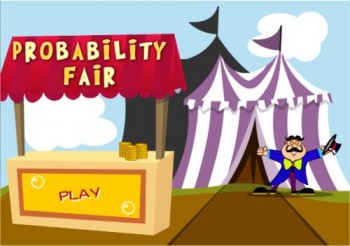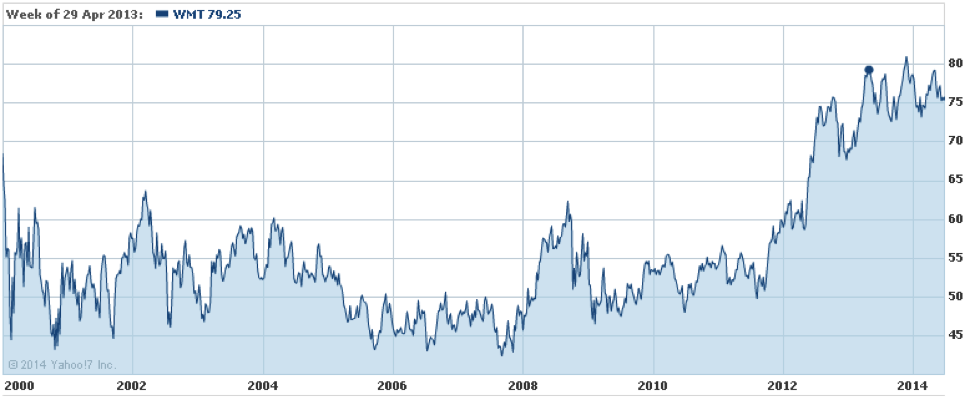
Personal irrationality
Let’s play a game. We’re each going to bet $1 on the outcome of a coin flip and see who wins. If you considered playing this game, you would expect to be indifferent to playing, as the outcome to you is essentially zero.
Prospect theory would state otherwise. Prospect theory describes the idea that losses can hurt more than wins, and this will change your decision of whether to play or not.
Of course, I’m here to write about the stock market, not coin-flipping! We can however, apply this model to our attitudes towards investment. Prospect theory would tell us that if an individual were to analyse two (more or less) equal investment decisions – one with higher than average overall returns that has exhibited recent underperformance; and the other with a stable but below-average return over the same period – they will choose the latter rather than the former.
This is because many investors are risk-averse and would prefer to underperform, rather than face the prospect of losing money – even if this is a short-term experience that may lead to above-average performance later.
This is quite an insight; especially for value investing.
Below is a chart of Walmart (NYSE: WMT). If you look at the period from 2000 to 2010, you’ll see essentially no growth in the stock price. However, was there growth in WMT’s profitability? Yes. WMT’s net income rose from $5.38b in FY2000 to $14.41b in FY2010.
It’s difficult to assign one theory to describe the returns of a stock price over an entire decade, however; given the run-up in the prices of other assets over this time period, it makes one wonder why similar performance wasn’t seen in WMT, even given its prospects for high returns.
My hypothetical offer to you is thus: for $50 I will sell you a share in WMT. Alternatively, for the same $50 I will sell you a bond paying 6 per cent per annum for 30 years. Try to think about what you would do if you were in 2011 and didn’t yet know of the run-up in price that would be experienced over 2012-2013.
This post was contributed by a representative of Montgomery Investment Management Pty Limited (AFSL No. 354564). The principal purpose of this post is to provide factual information and not provide financial product advice. Additionally, the information provided is not intended to provide any recommendation or opinion about any financial product. Any commentary and statements of opinion however may contain general advice only that is prepared without taking into account your personal objectives, financial circumstances or needs. Because of this, before acting on any of the information provided, you should always consider its appropriateness in light of your personal objectives, financial circumstances and needs and should consider seeking independent advice from a financial advisor if necessary before making any decisions. This post specifically excludes personal advice.
INVEST WITH MONTGOMERY
Andrew
:
Fund management is different tasks therefore it is very essential to get advise from expert before taking any step regarding this.